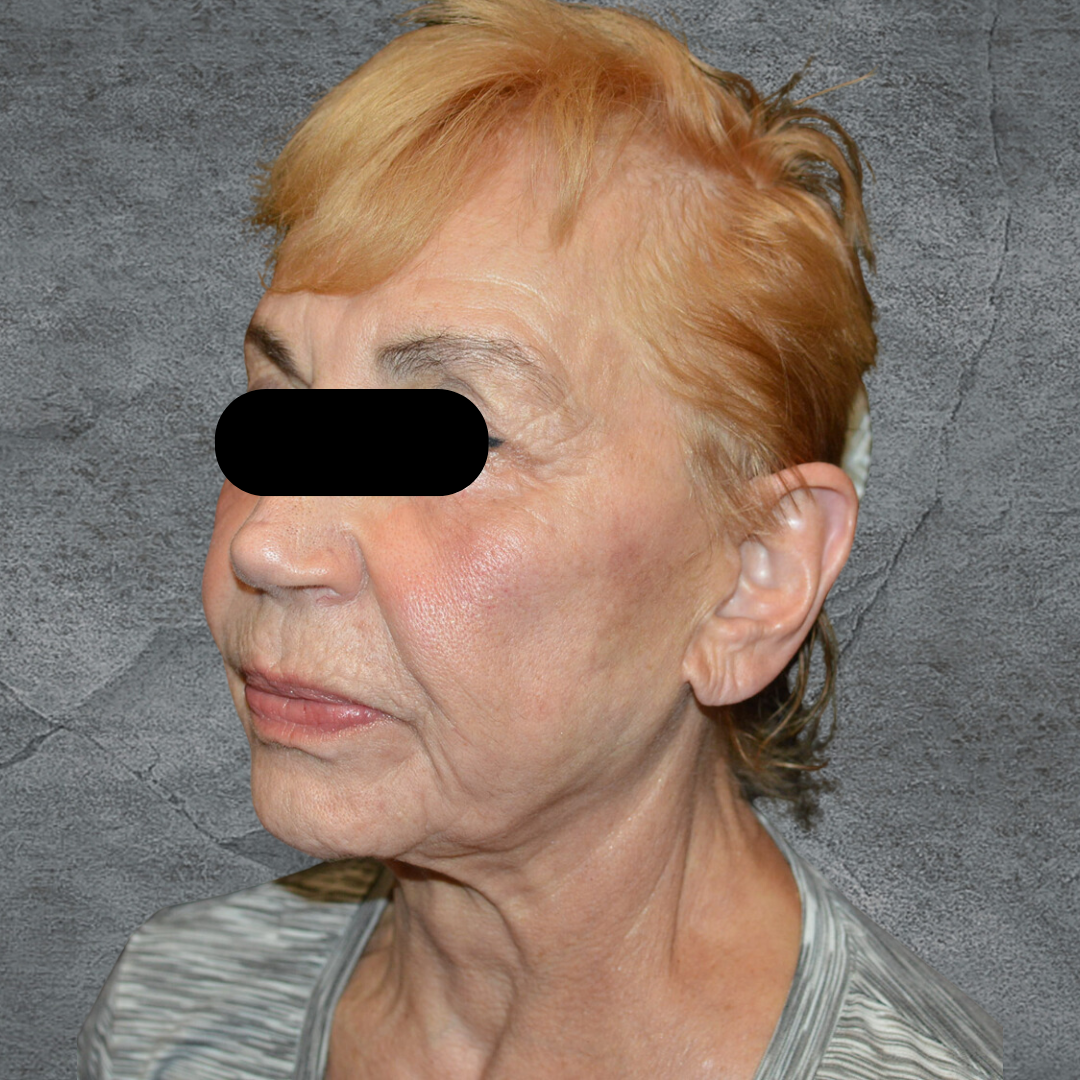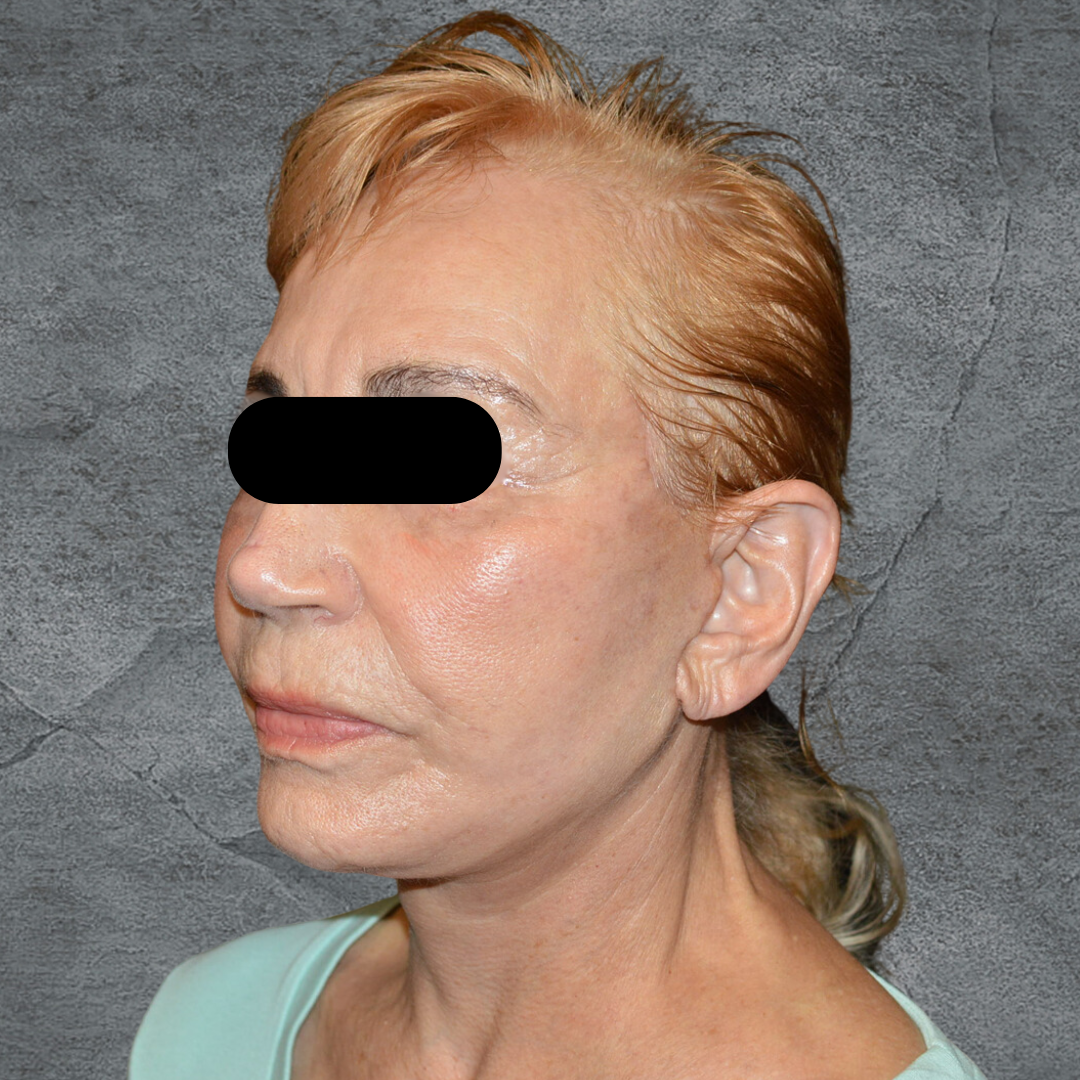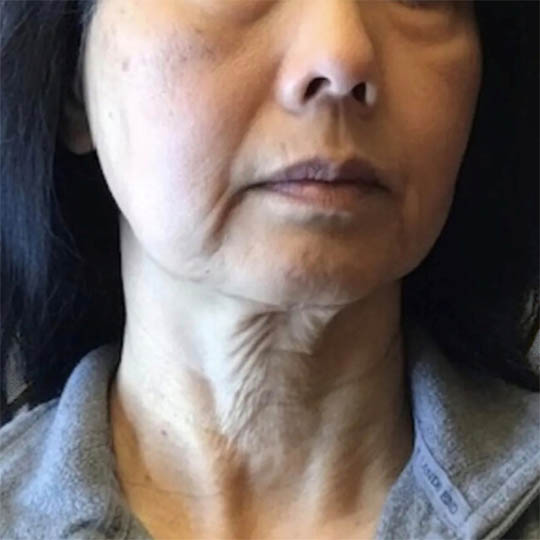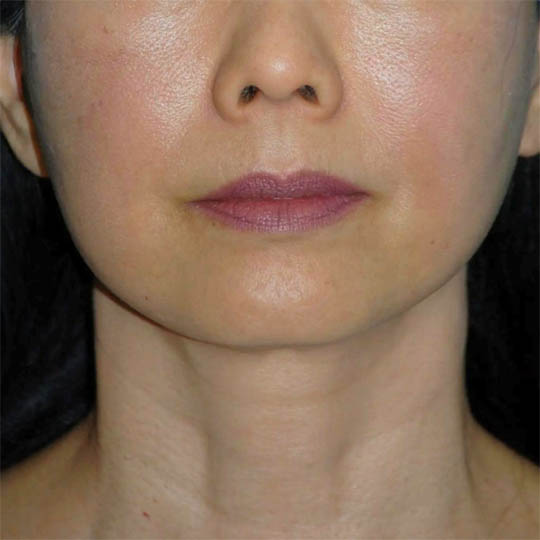Deep Neck Lift Pre/Post Operative Instructions
NOTE: IF YOU ARE UNDERGOING A PROCEDURE UNDER ANESTHESIA (NOT LOCAL ANESTHESIA ALONE), DO NOT EAT OR DRINK ANYTHING AFTER MIDNIGHT PRIOR TO YOUR PROCEDURE
AMAZON POST-OP LIST: https://a.co/cfYUsv8
Dr. Sitapara has curated these items to help you breeze through your recovery (please review ingredients for any allergies or contraindications):
- L-Arginine Pro – Scientifically proven to aid in healing time and pain. Consume 1 scoop per day for the week before surgery and the week after surgery.
- Vitamedica Bromelain – Studies show significant reduction in bruising. Take one pill per day for one week before surgery and the week after surgery.
- Biocorneum Silicone Scar Gel – For use one week after surgery. Do not use on eyelid incisions.
- General Gauze Sponges – Use as needed for wound care. Non-woven for comfort.
- Extra Strength Tylenol – Lay a foundation of pain control before using additional pain medications for spikes in discomfort. 500mg rapid release tablets to take every 4-6 hours. Do not exceed 4000mg per day (8 tablets).
- Active Skin Repair Hypochlorous Acid Hydrogel – Apply to incisions twice daily with clean hands. Allow it to dry before applying bacitracin or other ointment. Do not apply to eye incisions.
- Refresh Eye Drops – Soothe dry or irritated eyes as needed. Put the box in the fridge for added comfort.
- Chloroseptic Spray – To soothe any throat irritation after surgery.
- Curad waterproof adhesive tape
- Sleep options – We generally recommend sleeping with your head slightly elevated after surgery to reduce swelling. We also want you to be strictly sleeping on your BACK. Explore these options and see which one works best for you:
- AM Aeromax Back Sleep Training Pillow – Design trains you to sleep on your back. Recommend placing on top of another flat pillow to keep head elevated. Machine washable cover.
- Cozymaker Wedge – Elevate your head and neck to an optimum angle. May need to combine with an airplane neck pillow to prevent side sleeping.
- Airplane Pillow – Hair Transplant Patients Bring with you ON THE DAY OF SURGERY.
The following instructions apply to patients who have undergone Deep Neck Lift. Since no two patients are ever exactly alike in their surgical needs, type of surgery performed, or rate of healing, we may elect to individualize the following guidelines for each patient. In such instances, we will so instruct you. Otherwise, we urge you to follow the advice below very carefully, in order to accelerate your healing and maximize your surgical outcome.
Preoperative Instructions
- If possible, do not take any Aspirin or NSAID medications (ibuprofen, motrin, advil, etc.) for 14 days prior to your procedure, and then only on the advice of your personal physician. Please let your surgeon know if this is not possible prior to your surgery.
- Avoiding alcohol for 7 days prior to surgery can help with the healing process.
Postoperative Instructions
It is very important to your well-being that you follow completely all instructions given to you by this office, and that we check your progress regularly following surgery.
Since you have just undergone a major surgical operation, use good common sense in the first 14 days after surgery in restricting your normal activities, exercise regimens, and any activity requiring heavy lifting or straining. You may be up and around the day after surgery, but some natural fatigue may persist for 2-3 days due to the normal effects of the anesthesia and surgical procedure.
- When you move, stand, or change positions, do so deliberately and carefully for the first 7 days. In turning your head, move the head and shoulders deliberately as a single unit.
- You may eat a normal diet the day following the surgery. In moderation, talking and smiling are perfectly acceptable. Some crookedness of the smile may occur and typically resolves within a few weeks to months.
- Your head should be elevated on at least two pillows during sleep for the first 14 days, in order to keep your head higher than your heart to help facilitate the resolution of swelling. Do not sleep face down, rather on your back or side.
- DO NOT TAKE ANY ASPIRIN OR ASPIRIN-CONTAINING MEDICINES for 14 days prior to and after the surgery, and then only on the advice of your personal physician. Other routinely taken medications may be taken as necessary.
- Any unexplained development of pain, neck swelling, or fever should be reported to us immediately.
Some facial and neck swelling and bruising are normally present after surgery, but the degree of each varies widely from patient to patient. Do not be concerned if you have more or less than others who have undergone the “same” operation. Generally, most patients appear quite sociably acceptable within 7-14 days after surgery.
- You may gently cleanse the incision line twice daily with Hypochlorous Acid Gel OR 3% hydrogen peroxide and cotton (or Q-tips). Apply the bacitracin ointment provided sparingly twice daily to the incision line in order to avoid excessive crusting of the incisions and to accelerate the reduction of incision redness. Do not apply any other ointment or medications unless we prescribe it.
- You may gently shampoo your hair 24 hours after surgery, avoiding any strong rubbing or combing trauma to the incision under the chin.
- Your neck, chin, and jawline will be slightly numb for several weeks; sensation will then return as healing progresses. Avoid prolonged exposure to extremely cold temperatures.
- Excessive exposure to sun (including sun-tanning parlors) in the first 3 weeks after surgery may result in prolonged swelling and injury to the skin. Thereafter, you should always protect your skin with a sunscreen in order to decrease the inevitable aging effects of the sun on your skin.
- Makeup may be worn after surgery 48 hours after surgery (do not apply to the incision line or drain sites if present). You may apply it over any incisions 8-10 days after surgery.
- It is normal to have areas of firmness under the skin during the healing process. These will continue to soften as you heal. If a large area of swelling suddenly appears, you should report this to your surgeon immediately.
Drain Management
If a drain was placed, avoid manipulation for the first 24 hours. You do not need to measure the output or empty the drain for 24 hours. If Dr. Sitapara recommends keeping the drain for a prolonged period of time (typically between 3-5 days), you will need to empty the drain daily and put it back on suction. Watch this youtube video.
Walking is recommended after the surgery but avoid any activity that raises your heart rate or blood pressure. Between 1-2 weeks after surgery, you may progress to walking 3 miles for exercise. After 2 weeks, slowly reintroduce exercise into your routine. Do not engage in vigorous exercise or sports for at least 6 weeks, or until approved by our team.
We greatly appreciate the confidence you have shown in us by allowing us to assist you in improving your appearance and health, and you may be assured of our very best efforts to achieve the best surgical result possible for your particular individual anatomy and condition.






